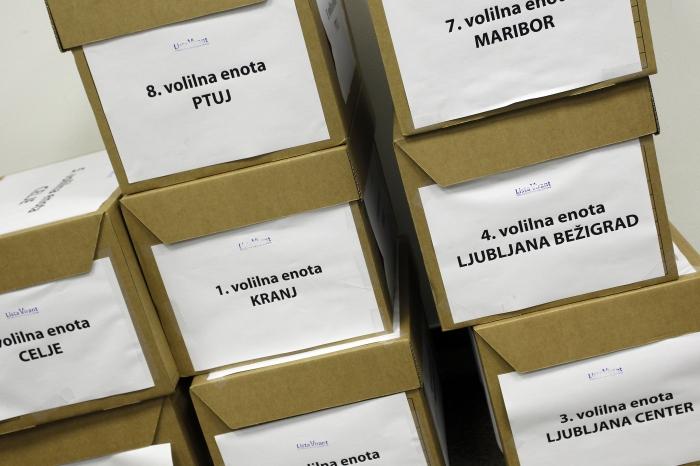
In the ruling the highest court in the country, the Supreme Court, gave its interpretation on the Elections and Referendum Campaign Act. It somewhat softens the restrictions during a period of election silence. The explanations given by the Supreme Court are legally binding for the rest of the judiciary.
Lawyer Jurij Toplak commented the ruling for MMC: "As of now it will be allowed to publish opinions on social networks, forums, and in the media. It will also be allowed to make comments out on the street and elsewhere in public, as it is no longer considered as propaganda. It’s a big step for the freedom of people and media."
"From now on we can also talk about candidates on an election day. However, advertisements and political campaigning will still be banned on the day of the election. Until now, Slovenia was the only country in Europe where the media and citizens were punished for debating or voicing opinions. The regulation we had violated the freedom of expression, and I’m happy that we’ve put an end to it," he added.
And how did it all begin? Saša Pelko from Maribor was fined 125 euros by the Internal Affairs Inspectorate for violating an election blackout. His crime was that he posted an interview with the then-candidate for Maribor mayor, Andrej Fištravec, on Facebook, with the comment “Great interview, you’re invited to read it".
Judge Dragana Galič from the Maribor district court ruled that Pelko violated the law and imposed an even higher fine for him to pay.
A group of lawyers, among them the above-mentioned Toplak, as well Andraž Teršek and Matej Avbelj, presented their legal views on the matter to the inspectorate and to the court, stressing that such an interpretation of the law was wrong and violated the constitutional right to freedom of expression.
The lawyers then wrote a public letter and when the Maribor court ruling was confirmed they asked the State Prosecutor General Zvonko Fišer to launch a procedure at the Supreme Court demanding that the ruling be dismissed.
The ruling that has now been made by the Supreme Court confirmed the arguments presented by the lawyers and stopped the case against Pelko. In its explanation the court presented a new understanding of the word propaganda.
Al. Ma.; translated by K. J.


































































